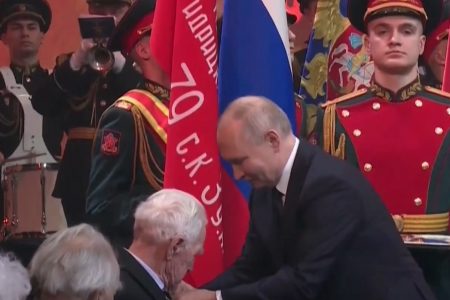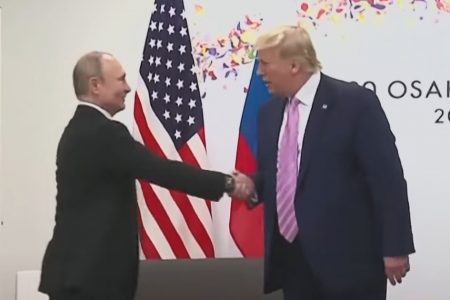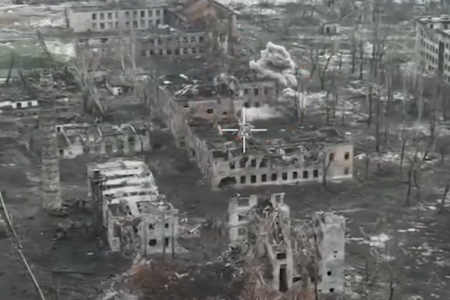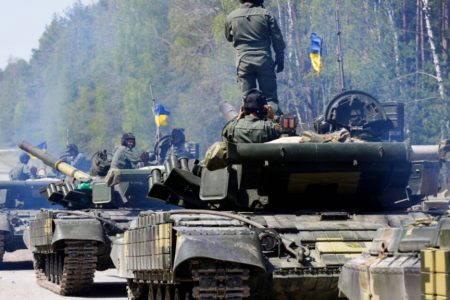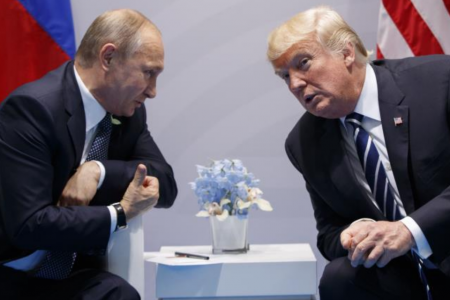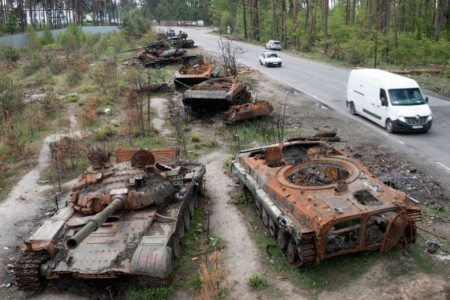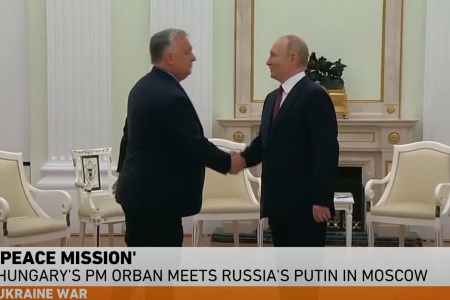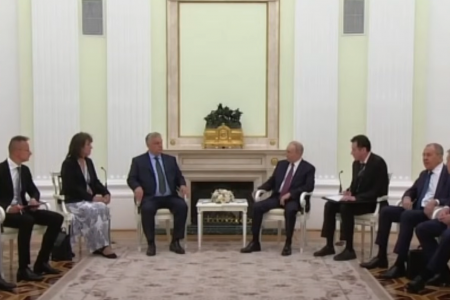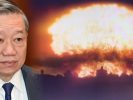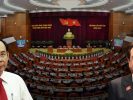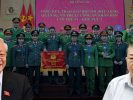
Before being arrested by the coup forces, Aung San Suu Kyi acted as the State Counsellor of the government led by the majority of the National League for Democracy.
I suddenly recalled back in 2009, when I had just arrived in Norway and for the first time from Kristiansand to Oslo, one of the places I visited was the Nobel Peace Center, where all images and private data about the individuals and organizations that have won the Nobel Peace Prize.
At that time, people were organizing to sign to call for the release of Aung San Suu Kyi, who was awarded the Nobel Peace Prize in 1991 and was then under house arrest by the authoritarian Myanmar military government.
Of course, I signed my name like many others. In fact, before that when I was in Vietnam, I had to confess that I didn’t know much about Aung San Suu Kyi, I signed because right there I read information about her struggle life.
Not long after, in November 2010, Aung San Suu Kyi was released from prison in Yangon. The international press everywhere reported this.
In those days, Aung San Suu Kyi as a symbol of peace, a prominent figure for the democracy movement not only in Myanmar, and was praised by the world. Not many fighters like her, how many awards, international honors, how many organizations demanded her release, in her life she has met so many politicians and leaders. From East to West, everywhere she was well received.
She attracts people not only because of the reputation of a champion but also because she is an intellectual who graduated with Bachelor’s, Master’s degrees in politics and economics at the Colleges of the University of Delhi in New Delhi, Oxford University…, can speak several languages. The slim woman, in spite of her age, still retains the elegant beauty, the background in the traditional costumes of Myanmar women, always wearing fresh flowers on her head.
And then when she came to power, some blurring of her portrait began to appear.
From the fact that her husband died and her child was born abroad so she cannot be Myanmar’s president due to a provision in the Myanmar Constitution, but still “gave birth” to the role of the State Counsellor of Myanmar has real authority than the President, even “higher than the President,” as she claims.
The blemishes are getting bigger and bigger when she came to power, not only did Myanmar not have any significant economic progress but more importantly, she still failed to build a true democratic roadmap for the country, many human rights violations still exist. One example is that under her leadership, many journalists in Myanmar have been prosecuted.
She also failed to resolve the ethnic and religious conflicts inherent in Myanmar’s society, and she remained silent at the military’s alleged genocide against the Muslim minority Rohingya. Even on December 10, 2019, she went to the United Nations International Court of Justice in La Haye, the Netherlands, to protect the army and defend Myanmar against charges of genocide against the Rohingya Muslim minority.
It is hard to believe that an intellectual, influenced by both Mahatma Gandhi’s philosophy of nonviolence and more specifically by Buddhist concepts, has always chosen the path of nonviolent struggle, a person who has used years of being imprisoned at home to contemplate Buddhist philosophy and meditate, become such a different person when she came to power.
There are advocates of Aung San Suu Kyi, claiming that she has accepted being criticized by the West, accepting her reputation for “peaceful coexistence” with the military which has never really lost power and since she knows her positions and that of her National League for Democracy party were not strong enough to take power, that if she had strongly condemned the persecution of the Rohingya Muslims, she would be “set out” by the military. Maybe that’s partly true?
For the Vietnamese, I have heard countless praises, wishes, if only Vietnam had an Aung San Suu Kyi. Her change not only made millions of Vietnamese disappointed but the West even more. Maybe it was because many people only saw her from afar?
What lesson for Vietnamese democracy?
Anyway, the story of Mrs. Aung San Suu Kyi and the bumpy path of democratization just thrown back decades ago of Myanmar, also give us many valuable lessons.
In my opinion, it is difficult to gain power, to build a real democratic roadmap for the country, not to let the country “transform” into another kind of dictatorship, even more difficult.
There are “shining stars,” symbols of democracy’s struggle that change with power in hand. They may have to compromise with other non-democratic powers to stay in power and therefore do not carry out real democratic reforms for the country.
The leader, who has a fighting spirit, yearns for freedom and democracy, loves the country is not enough, must have wisdom, have the foresight to draw out long-distance strategies, democratization pathways, and development for a long and strong development for the country and the people. Aung San Suu Kyi may not lack intelligence, but perhaps she is a better fighter than being ahead of state since she has no other skills which are required to run a country.
Most importantly, we should not “sanctify” anyone or turn them into a symbol. That both harms themselves and makes others, younger, more capable of leadership, but overwhelmed by the person’s “shadow.” It should be noted that the Vietnamese are inherently idolatrous and this attitude is itself an undemocratic expression.
Finally, a lesson about building the legacy force. So far it seems that Aung San Suu Kyi’s party and the Burmese people have not yet prepared those capable of replacing her, already at the age of 75, so if the army arrested Aung San Suu Kyi it also means that no one else can act like her. The more Vietnamese people who struggle must choose to build a strong movement, not put all of them on one or two “leaders.”

Some say this coup was backed by China, which was unhappy to see Myanmar take a step toward democracy and inch away from its influence, and this is also another “test” of Beijing against the new US government, alongside “tests” on the South China Sea and Taiwan.
I don’t know if this is true, but nonetheless, I still believe that the path of Myanmar’s democratization is bumpy, when going backward, but at least the Myanmar people are still fortunate to maintain their kindness and honesty.
Many people who have visited Myanmar have commented so. Myanmar is a multi-ethnic, multi-religious country, but most of it is still Buddhism, in their way of life is imbued with Buddhist thought. Although Myanmar society also undergoes an iron dictatorship but is not destroyed by a “fake civet” communism to the roots of culture, social morality, goodness in people, relationships, family relations to discipline, law … like the former Soviet Union countries, China, Vietnam, North Korea … Rebuilding from scratch on such a human, social background is somewhat better.
And from the outside, the world probably won’t leave Myanmar alone.
Some leaders of the countries have spoken. The United States has considered an embargo to return to Myanmar. Because even though the image of Aung San Suu Kyi is somewhat tarnished, the world will speak out, for the people of Myanmar, because it is now 2021, not 1962, let the Myanmar army do whatever. The results of the election and the Myanmar people’s desire to live a better life must be respected.
But after all, all changes for the better for all countries must start with the aspirations and actions of the people, not just relying on the outside.
Thoibao.de (Translated)



